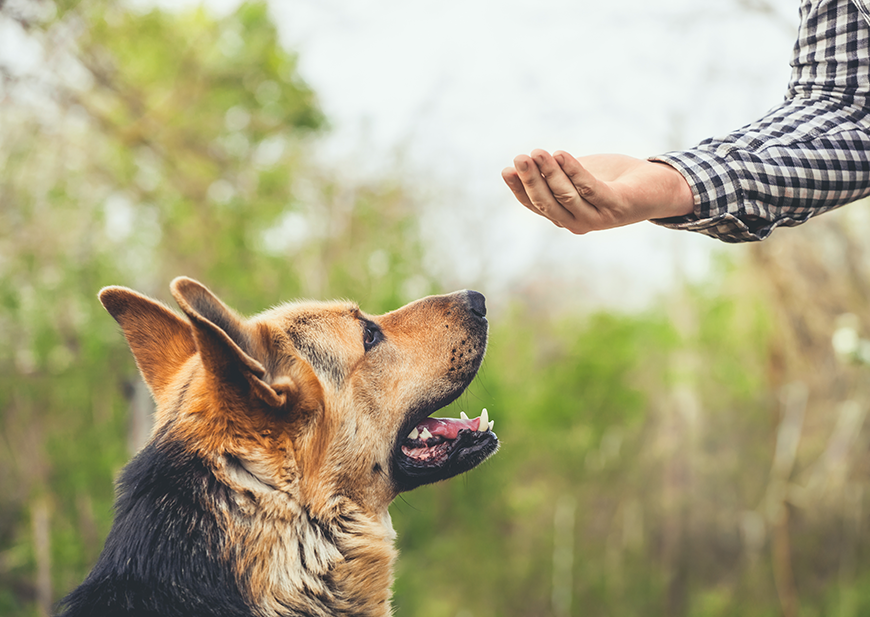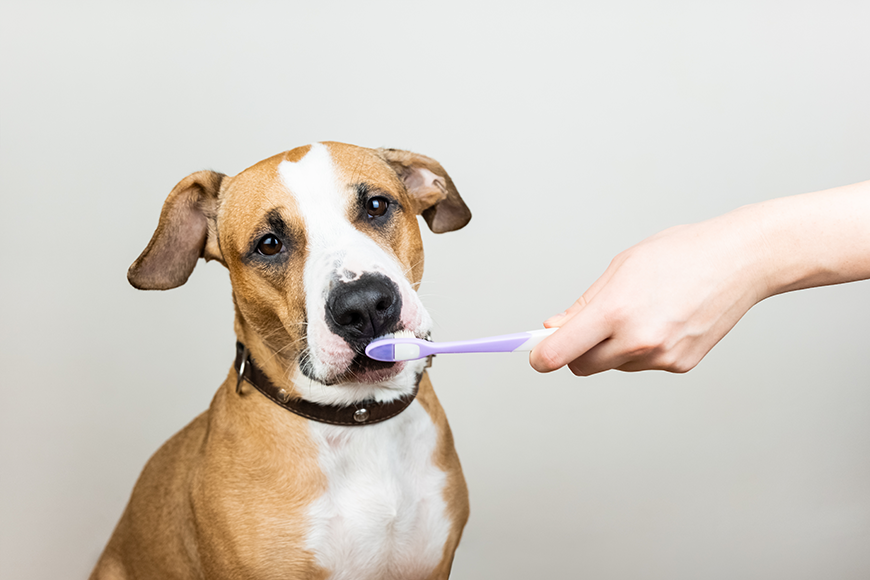Expert Tips on How to Stop Dog Barking! Barking is a natural behavior for dogs, but excessive and incessant barking can become a nuisance for owners and neighbors. Fortunately, effective strategies and expert tips are available to help address and control excessive barking in dogs. By understanding the underlying reasons for barking and implementing appropriate training techniques, dog owners can successfully curb their dog’s excessive barking and foster a peaceful living environment. This essay explores expert tips on how to stop dog barking, providing practical advice for dog owners seeking to address this common behavioral issue
Dogs bark for various reasons, including alerting their owners to potential threats, seeking attention or fulfilling their needs, expressing fear or anxiety, combating boredom or loneliness, and asserting their territorial instincts. Understanding the underlying reasons for a dog’s barking is essential in addressing excessive barking and ensuring their well-being. Dog owners can manage and minimize excessive barking behavior by identifying specific triggers and providing appropriate training, mental stimulation, and companionship.
Alert or Warning:
Dogs naturally instinctively protect their territory and loved ones. They may bark to alert their owners to potential threats or intruders, serving as a form of communication to convey that something unusual or potentially dangerous is happening.
Attention-Seeking:
Dogs often bark to get their owners’ attention or fulfill a specific need. Whether they are hungry, thirsty, or in need of a bathroom break, barking is their way of communicating their needs and desires to their human companions.
Fear or Anxiety:
Dogs may bark when they feel scared or anxious. Loud noises, unfamiliar people or animals, or being in an unfamiliar environment can trigger this type of barking. It is their way of expressing their discomfort and seeking reassurance from their owners.
Boredom or Loneliness:
Dogs are social creatures and thrive on companionship and mental stimulation. When they are bored or lonely, they may resort to barking as a way to alleviate their frustration or seek attention. This type of barking is often seen in dogs that are left alone for long periods without proper mental and physical stimulation.
Territoriality:
Dogs have a natural instinct to protect their territory. They may bark to assert their dominance or ward off perceived threats to their territory, whether the house or the yard.
Frustration or Excitement:
Dogs may bark when they are frustrated or overly excited. This can happen when they anticipate playtime, meet new people or animals, or wait for something they desire. Barking in these situations is their way of expressing their emotions.
Identify the Triggers:
The first step in addressing excessive barking is identifying the triggers that cause the dog to bark excessively. Dogs may bark due to boredom, anxiety, fear, territorial instincts, or seeking attention. By observing their dog’s behavior and noting the specific situations or stimuli that elicit excessive barking, owners can tailor their training approaches and effectively address the underlying issue. Common triggers include doorbells, strangers, other animals, or loud noises.
Expert Tips on How to Stop Dog Barking!
Positive Reinforcement Training:
Positive reinforcement is a powerful tool in modifying a dog’s behavior. When the dog remains quiet, owners can reward them with treats, praise, or playtime. By associating silence with positive outcomes, the dog learns that staying calm and quiet is more rewarding than excessive barking. Consistency and patience are key in reinforcing this training method, gradually reducing the dog’s inclination to bark excessively.
Desensitization and Counter-Conditioning:
Desensitization involves gradually exposing the dog to the stimuli that trigger excessive barking in a controlled and calm manner. For instance, if the dog barks at the sound of doorbells, the owner can gradually introduce the sound at a low volume and reward the dog for remaining calm. Over time, the dog becomes desensitized to the stimulus and is less likely to bark excessively. Counter-conditioning can also be used, which involves changing the dog’s emotional response to the trigger by associating it with positive experiences.
Provide Adequate Mental and Physical Stimulation:
Boredom and lack of mental or physical stimulation can lead to excessive barking. Dogs require regular exercise and mental stimulation to keep them engaged and content. Ensuring that dogs receive sufficient exercise, playtime, and mental stimulation through puzzle toys, training sessions, and interactive games can help redirect their energy and reduce the likelihood of excessive barking. A tired and mentally stimulated dog is likelier to remain calm and less prone to barking.
Use Distracting or Calming Techniques:
In some cases, distracting or calming techniques can help redirect a dog’s attention away from barking. This may include providing the dog with toys, puzzles, or calming activities such as massage or relaxation exercises. Additionally, creating a soothing environment through the use of calming music or pheromone diffusers can help reduce anxiety-related barking.
Seek Professional Guidance:
For persistent or complex barking issues, seeking guidance from a professional dog trainer or animal behaviorist may be beneficial. These experts can assess the dog’s behavior, provide tailored training techniques, and offer additional insights into addressing excessive barking effectively. They can identify any underlying behavioral issues or anxieties that may be contributing to the barking and provide specific strategies to address them.
Expert Tips on How to Stop Dog Barking!
Furthermore, it is important to establish a consistent routine and set clear boundaries for your dog. Dogs thrive on structure and knowing what is expected of them. By providing a consistent daily schedule for feeding, exercise, and training sessions, you can help reduce anxiety and provide a sense of security for your dog, which may decrease excessive barking. Additionally, socialization is crucial in a dog’s behavior, including barking. Exposing your dog to various environments, people, and other animals from a young age helps them become well-adjusted and less reactive. Properly socialized dogs are less likely to bark excessively out of fear or anxiety when faced with new or unfamiliar situations.
It is also essential to avoid inadvertently reinforcing barking behavior. As a dog owner, remaining calm and composed when your dog barks excessively is crucial. Reacting with frustration or anger may inadvertently reinforce the behavior by giving attention to the dog. Instead, focus on implementing positive reinforcement techniques and redirecting their attention to more appropriate behaviors.
In some cases, using tools such as anti-bark collars or devices that emit ultrasonic sounds can effectively interrupt and deter excessive barking. However, it is important to use these tools responsibly and under the guidance of a professional, as they should be considered temporary aids in training rather than long-term solutions.
Remember, each dog is unique, and what works for one may not work for another. It is important to be patient and persistent in your training efforts. Consistency, positive reinforcement, and an understanding of your dog’s individual needs and triggers are key to successfully stopping excessive barking.
Excessive barking in dogs can be a frustrating issue for dog owners, but with the right strategies and expert tips, it is possible to address and control this behavior. Dog owners can successfully stop their dog’s excessive barking by identifying the triggers, implementing positive reinforcement training, and desensitization techniques, providing mental and physical stimulation, and seeking professional guidance.
Pet’s Mall and Pet Clinic
Pet’s Mall and Pet Clinic in Lahore is the best place for your pets. Dr. Sami is an amazing vet there, and he has a super team and cool equipment. If your pet needs help, this is the place to go. They have everything your pet might need and care about making it feel better. So, if your pet is sick or you need pet stuff, check out Pet’s Mall and Pet Clinic. Your pet will thank you!
CONTACT US
- 34 Q Block, Johar Town, Shah Alam Road, Near Ayub Chowk, Lahore
- 0313-4343476
- petsmallpk@gmail.com
Popular Post
How to choose a training
Top tips for caring for
Tips for keeping your cat
Archives
Tags
Email for newsletter
At Pets Mall, we offer premium quality dog and cat food, pet supplies, and vaccination. Get everything you need for your pet!
If you pets need immediate veterinary’s treatment, give us a call and we will send a specialist vet to your home.
- 34 Q Block, Johar Town, Shah Alam Road, Near Ayub Chowk , Lahore
- petsmallpk@gmail.com
- 0301-7475573 , 0313-4343476
COPYRIGHT © PetsMall.pk ALL RIGHTS RESERVED. | DEVELOPED BY DIGIKNOWN












